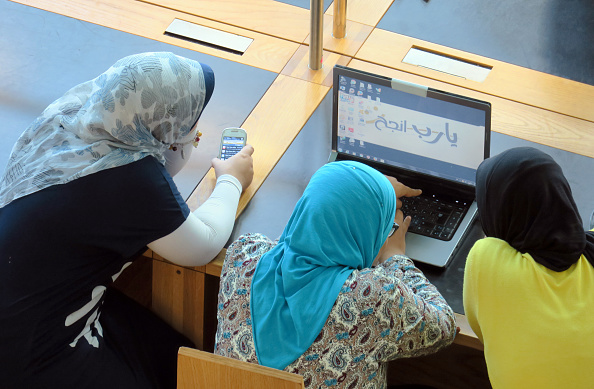
By XINHUA

COVID-19 is exacerbating inequities associated with gender in several key spheres of life and development, Matshidiso Moeti, World Health Organization (WHO) regional director for Africa said in a statement issued in Nairobi ahead of International Women’s Day to be marked on March 8.
WHO said that African women bore the brunt of income losses, social marginalization, and health risks that escalated at the peak of the COVID-19 pandemic in the continent. Moeti pointed out that the pandemic’s aftershocks had a disproportionate impact on women and girls in the continent amid the absence of a robust safety net to minimize their vulnerabilities.
African women despite accounting for about 41 percent of COVID-19 cases suffered immensely from social and economic disruptions linked to the pandemic including violence, job losses, and poverty. “The work that African women rely on for example in personal care and the informal sector came to a standstill for several months in some countries,” she added.
“The aftershocks of COVID-19 pandemic on women and girls have been profound, leaving many grappling with heightened risk to their health and safety,” said Moeti.
“Our response must go beyond the clinical aspects of the pandemic and address the hidden crises that risk causing long-term effects to lives and livelihoods,” she added.
An analysis conducted by WHO in 22 African countries says that ten of them reported a rise in maternal deaths linked to the pandemic with Comoros, Mali, Senegal, and South Africa reporting the highest toll between February and July 2020 compared to the same period in 2019.
According to WHO, nine of the 22 countries reported a decline in skilled birth attendance carried out in formal health facilities alongside an increase in abortion-related complications amid disruptions caused by the pandemic.
Moeti said that WHO has partnered with African governments to minimize the negative impact of the pandemic on maternal health with a focus on expanding access to contraceptives and safe deliveries.
“We are working with governments to ensure the continuous delivery of essential gender-responsive services and we are providing training for health workers to support women suffering from gender-based violence,” said Moeti.
Oulimata Sarr, regional director, Central and West Africa at UN Women said the pandemic slowed down progress towards gender parity in the continent amid poor health and economic outcomes for women and girls.
She said that harmful practices like under-age marriages and female genital cuts surged during the pandemic adding that empowering women and girls is key to realize a sustainable recovery.